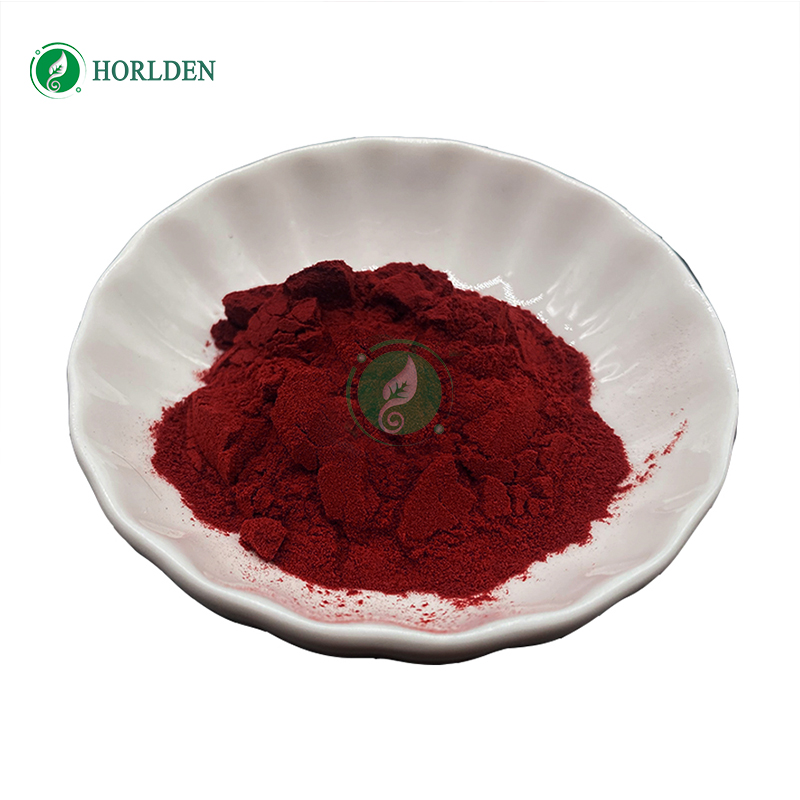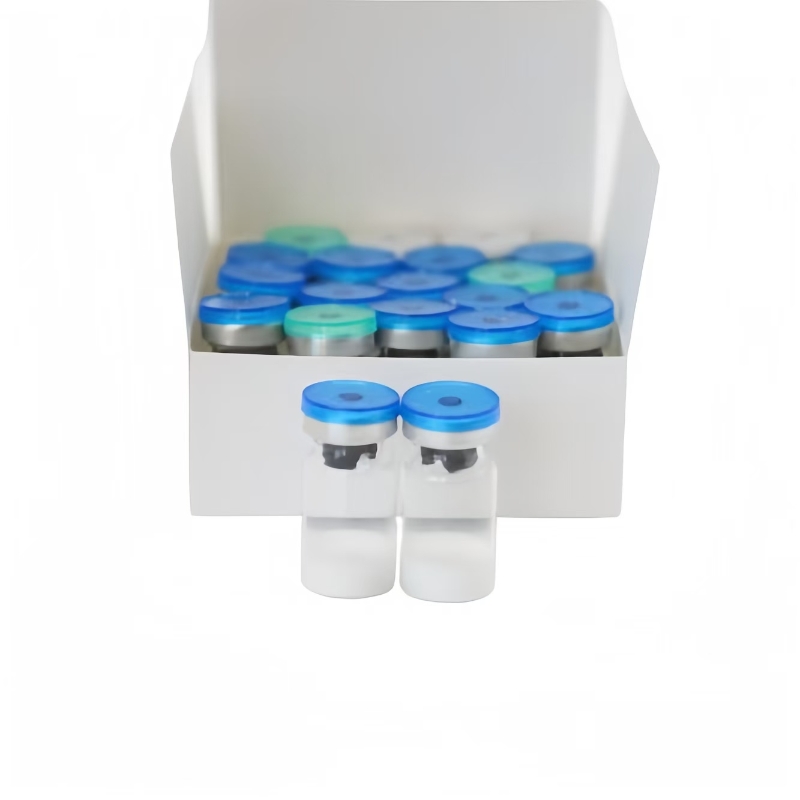Laparoscopic gallbladder excision helps early detection of gallbladder cancer
-
Last Update: 2020-07-04
-
Source: Internet
-
Author: User
Search more information of high quality chemicals, good prices and reliable suppliers, visit
www.echemi.com
the extensive development of laparoscopic gallbladder excision, the chance of accidental detection of gallbladder cancer increasedA retrospective analysis by shih and other scholars at Johns Hopkins School of Medicine in the United States has confirmed that laparoscopic gallbladder excision can help detect gallbladder cancer early and improve survival rates(Ann Surg 2007,245 (6):893)study included 107 gallbladder cancer patients who stayed at johns HopkinsHospitalbetween 1995 and 200453 cases (50%) were accidentally discovered gallbladder cancer, of which 52 cases were diagnosed with gallbladder cancer through during operative or postoperative pathology examinations with routine laparoscopic gallbladder excisionFifty-four (50%) patients were diagnosed with gallbladder cancer in preoperative imaging examinations, and these patients did not undergo laparoscopic gallbladder excision and underwent selective abdominal probingThe results showed that the median age of all patients was 67 years old, 66% ofwomenThe survival rate of patients with gallbladder cancer was found by chance during laparoscopic gallbladder excision, significantly higher than that of patients admitted to hospital for a clear preoperative diagnosis (P 0.001)All patients with explicit preoperative diagnosis developed to stage II or more severe stages, of which 36% were IV82% of the gallbladder cancers found by chance were in Iperiod or phase IIThe 5-year survival rate of all patients was only 15%, compared with 33% for the common-odds gallbladder cancer group, with a particularly significant difference in survival rates in the two groupsin the group of stroked gallbladder cancer, some patients immediately switched to open abdominal surgery and were diagnosed with gallbladder cancer during the procedureSome patients (n-33) first underwent laparoscopic gallbladder excision, after surgery the pathological slice was diagnosed as gallbladder cancer, and then underwent a second abdominal probe There was no significant difference in survival rates between the two groups The survival rate of 50 patients who underwent root-cutting (47%) increased significantly (P 0.001), especially in stage II tumor patients There was no significant change in survival rate in patients who received liver partial excision combined with local lymph node cleaning and expanded liver bile duct system excision compared to patients with hepatic partial excision combined with local lymph node cleaning For patients with gallbladder cancer, early diagnosis of combination surgical treatment, especially the selection of appropriate surgical methods, is a key factor in improving the prognosis, the researchers said
This article is an English version of an article which is originally in the Chinese language on echemi.com and is provided for information purposes only.
This website makes no representation or warranty of any kind, either expressed or implied, as to the accuracy, completeness ownership or reliability of
the article or any translations thereof. If you have any concerns or complaints relating to the article, please send an email, providing a detailed
description of the concern or complaint, to
service@echemi.com. A staff member will contact you within 5 working days. Once verified, infringing content
will be removed immediately.







